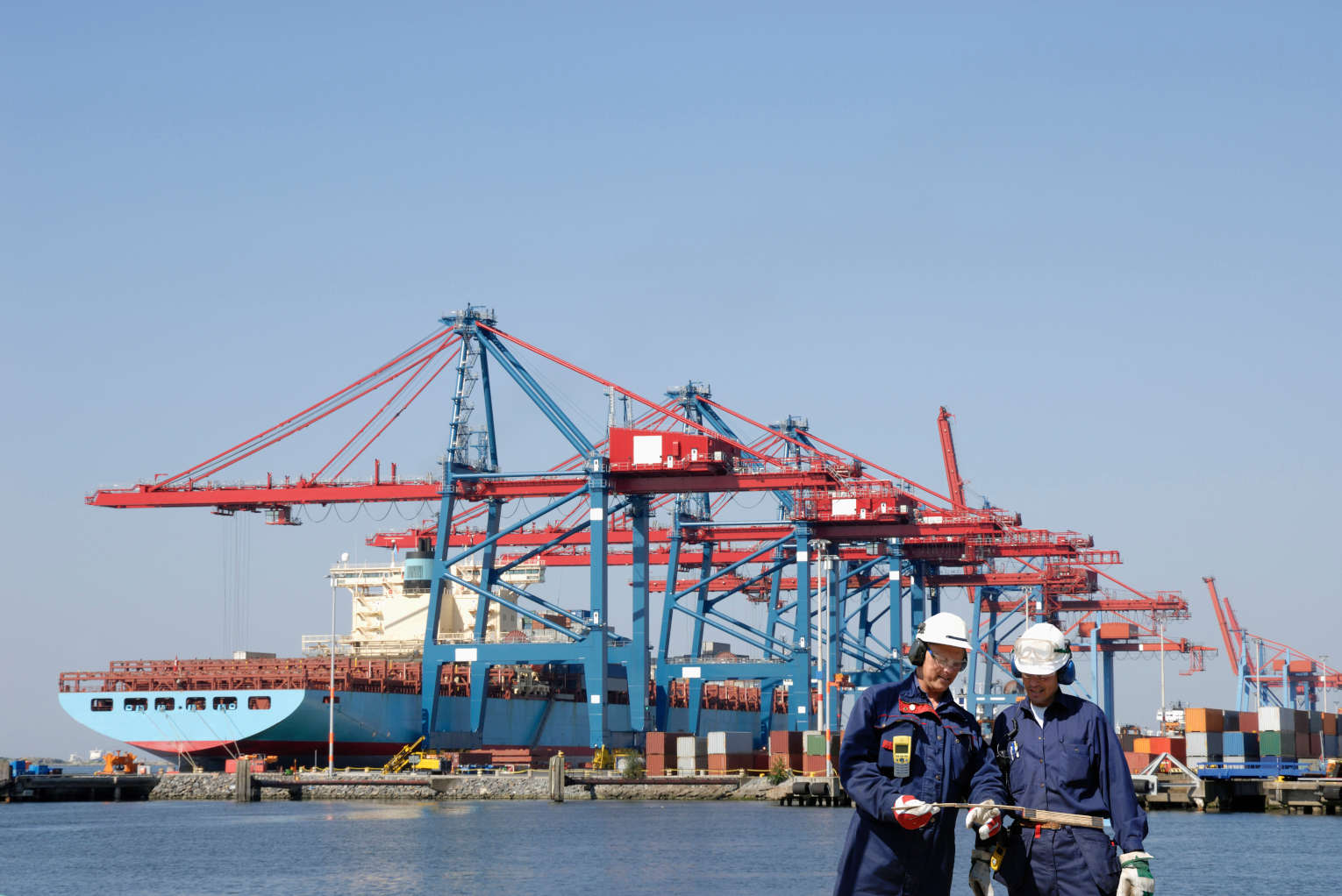Dockworkers at Ports from Maine to Texas Go on Strike, Standoff Risks New Shortages
Dockworkers at ports from Maine to Texas began walking picket lines early Tuesday in a strike over wages and automation that could reignite inflation and cause shortages of goods if it goes on more than a few weeks.
The contract between the ports and about 45,000 members of the International Longshoremen’s Association expired at midnight, and even though progress was reported in talks on Monday, the workers went on strike. The strike affecting 36 ports is the first by the union since 1977.
Workers began picketing at the Port of Philadelphia shortly after midnight, walking in a circle at a rail crossing outside the port and chanting “No work without a fair contract.”
The union had message boards on the side of a truck reading: “Automation Hurts Families: ILA Stands For Job Protection.”
Breaking News. Spirit-Filled Stories. Subscribe to Charisma on YouTube now!
At Port Houston, which is in the Central time zone an hour behind the East Coast, at least 50 workers gathered outside the port with signs saying “No Work Without a Fair Contract.” They appeared poised to begin picketing. Workers showed a statement from the ILA on the strike saying that employers have refused to compensate workers fairly.
“The ILA is fighting for respect, appreciation and fairness in a world in which corporations are dead set on replacing hard-working people with automation,” the statement said. “Robots do not pay taxes and they do not spend money in their communities.”
The U.S. Maritime Alliance, which represents the ports, said Monday evening that both sides had moved off of their previous wage offers, but when picket lines went up just after midnight, it was apparent that no deal had been reached.
The union’s opening offer in the talks was for a 77% pay raise over the six-year life of the contract, with President Harold Daggett saying it’s necessary to make up for inflation and years of small raises. ILA members make a base salary of about $81,000 per year, but some can pull in over $200,000 annually with large amounts of overtime.
But Monday evening, the alliance said it had increased its offer to 50% raises over six years, and it pledged to keep limits on automation in place from the old contract. The union wants a complete ban on automation. It wasn’t clear just how far apart both sides are.
“We are hopeful that this could allow us to fully resume collective bargaining around the other outstanding issues in an effort to reach an agreement,” the alliance statement said.
The union didn’t answer requests for comment on the talks Monday night, but said earlier in the day that the ports had refused demands for a fair contract and the alliance seemed intent on a strike. The two sides had not held formal negotiations since June.
The alliance said its offer tripled employer contributions to retirement plans and strengthened health care options.
To read the full story, visit our content partners at CBN News.
Reprinted with permission from cbn.com. Copyright © 2024 The Christian Broadcasting Network Inc. All rights reserved.
Join Charisma Magazine Online to follow everything the Holy Spirit is doing around the world!















































